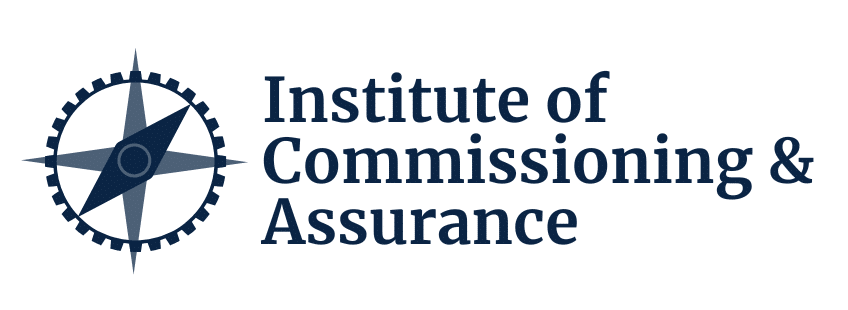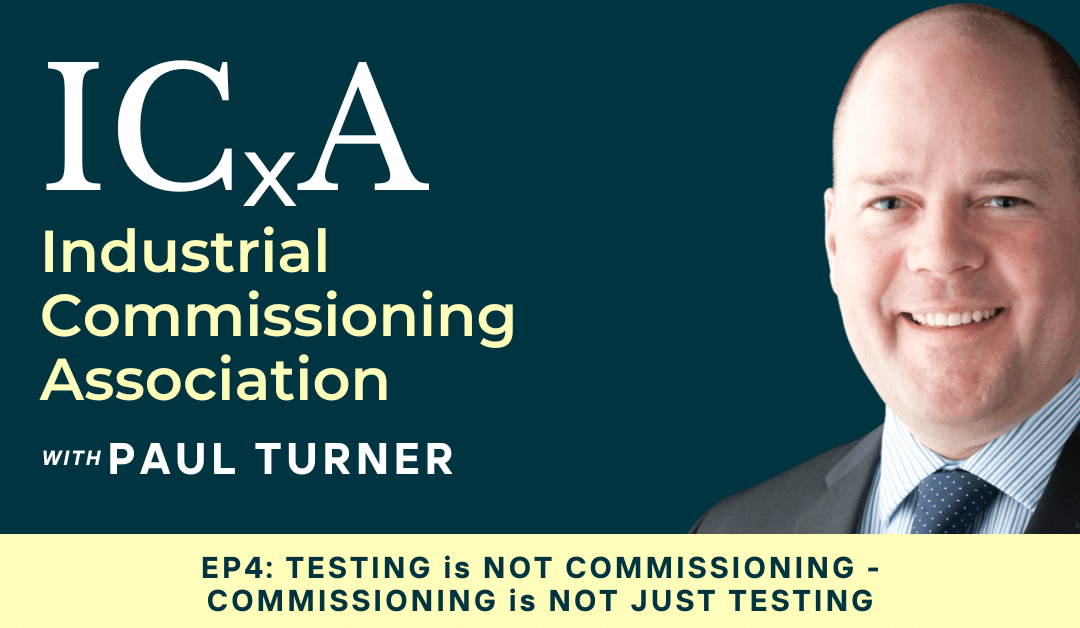We’re going to discuss the difference between commissioning and testing. The term commissioning often gets thrown around on job sites, but it can mean different things to different people. In many cases, people mistakenly use the term commissioning when referring to the testing that takes place onsite. It’s important to clarify that commissioning is not testing, and testing is not commissioning. These two terms refer to distinct activities.
What is Commissioning?
Commissioning is an overarching project management process that begins at the start of a project and continues through all stages of design, construction, and testing. It is a comprehensive process that manages the progression of a project from beginning to end, ensuring all systems function correctly and meet the required specifications.
Many mistakenly associate commissioning solely with the testing phase at the end of a project. While testing is part of commissioning, the commissioning process itself spans the entire project lifecycle. This includes managing activities across design, construction, and site testing.
What is Testing?
Testing, on the other hand, refers to the actual procedures and inspections performed onsite, often at the end of the project, to verify that specific components and systems are working as designed. Testing is just one element within the larger commissioning process.
Common Misconceptions
Often, people will mention having “25 years of commissioning experience,” but when you dig deeper, you realize they are referring to their experience with testing, not commissioning. For example, someone may have worked as an instrumentation technician, testing systems onsite. While this is valuable experience, it is focused on testing, not on the full commissioning process.
Commissioning involves managing the entire process, including construction completions and milestones, as well as overseeing onsite testing. There can be confusion between employers and employees about what commissioning really means. Someone may claim commissioning experience, but what they actually have is testing experience. This misunderstanding can lead to problems in staffing roles correctly.
The Difference in Skill Sets
Managing commissioning is not the same as performing tests onsite. Testing instrumentation in the field and managing commissioning throughout the project are two very different skill sets. A commissioning manager requires more project management expertise, not just technical skills for testing.
I’ve seen too many cases where someone claims to have commissioning experience, secures a commissioning manager role, and then struggles or gets let go because their actual experience was limited to testing. This is not necessarily the fault of the individual or the employer—commissioning is a complex process that is not always well understood. Project leaders may not fully understand the specific skills required for a commissioning manager, and applicants may not know the scope of the role they are applying for.
The Role of a Commissioning Manager
The role of a commissioning manager requires a unique combination of project management skills, with a focus on managing the complexities of completing major capital projects and overseeing the end-to-end commissioning process. It’s critical to have a clear understanding of this distinction when staffing for commissioning roles.
Clarifying Commissioning vs. Testing
When you hear the term commissioning, it’s important to ask for clarification. Are people actually referring to the testing phase at the end of the project, or are they talking about commissioning as a full process—one that mitigates risks and manages activities throughout all project stages? This distinction is crucial to ensuring everyone on the project is on the same page.
Hopefully, this helps clarify the difference between testing and commissioning. Moving forward, make sure to use these definitions clearly, so that there’s no confusion about what’s being discussed on your projects. Understanding this distinction is critical, as the details in commissioning really do matter.


Recent Comments